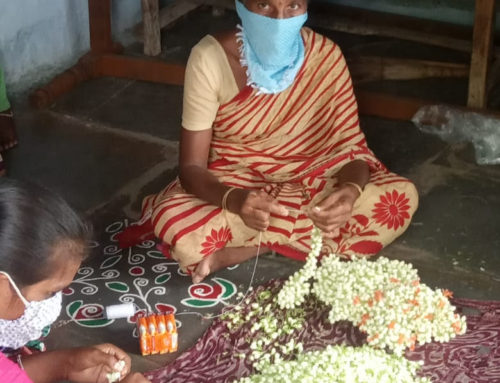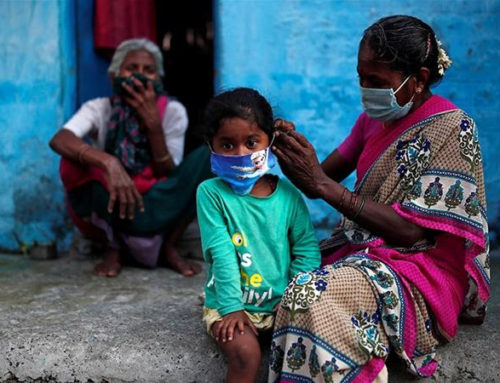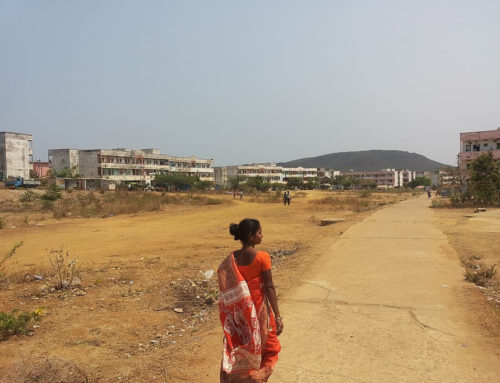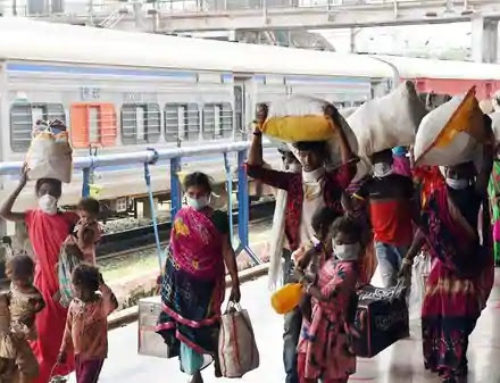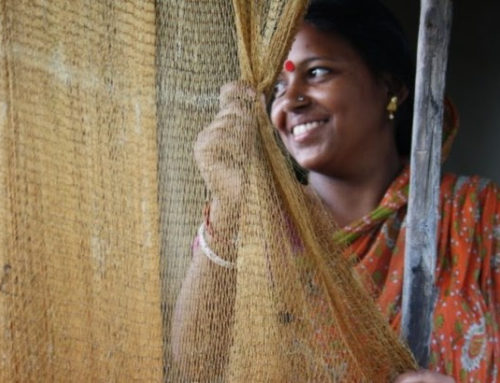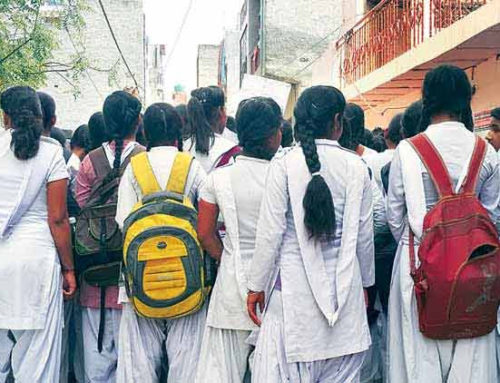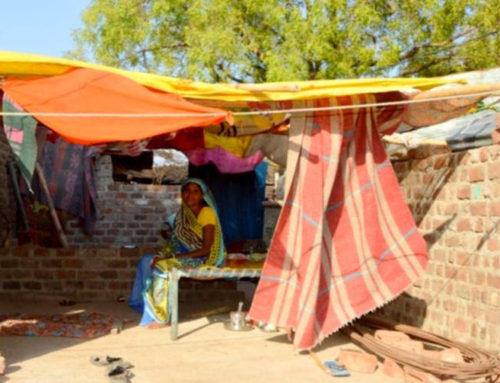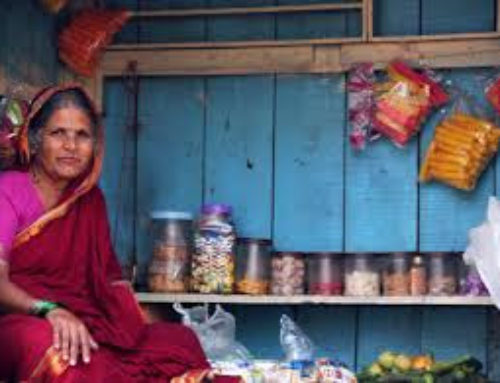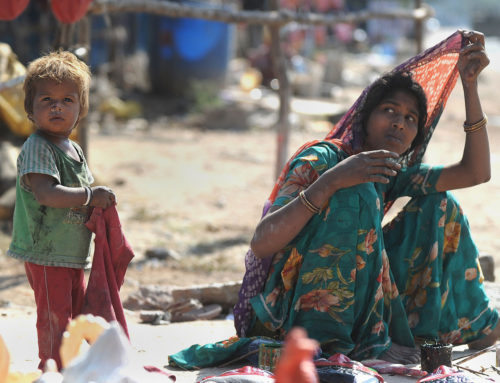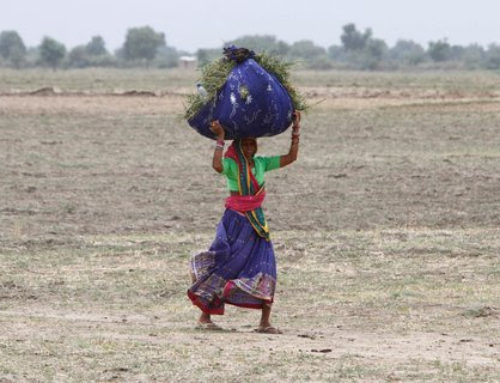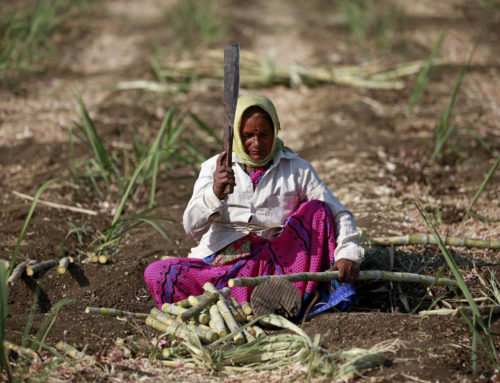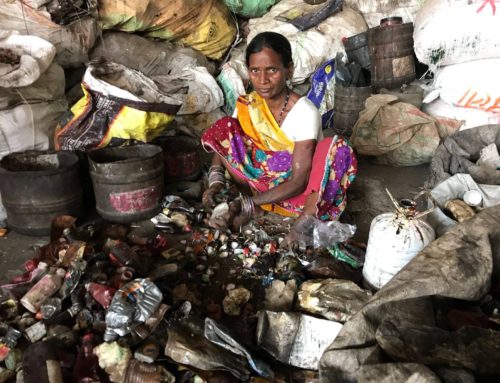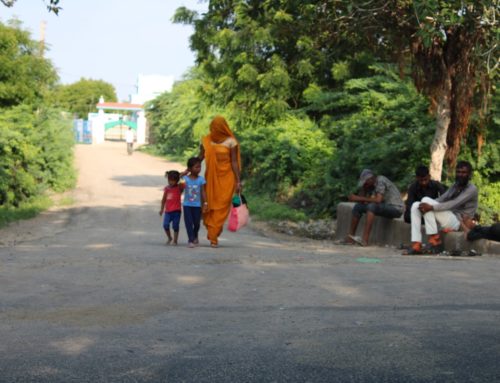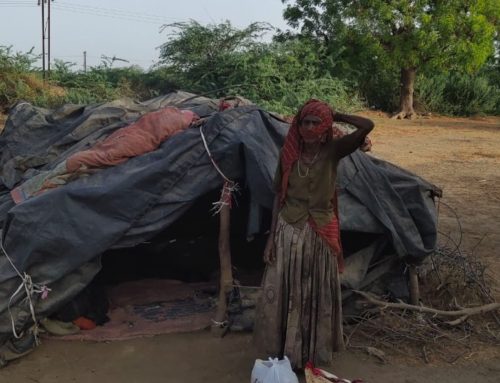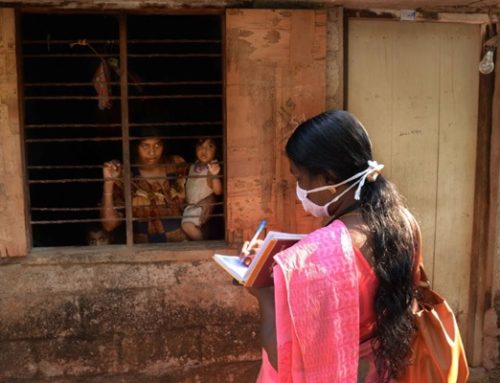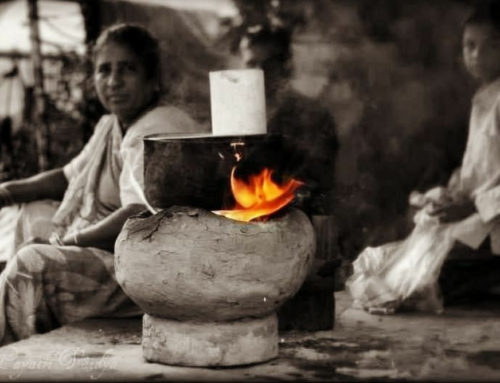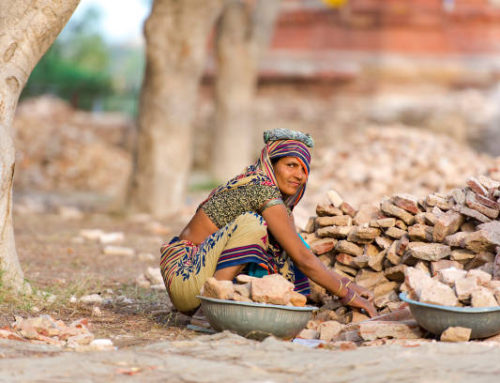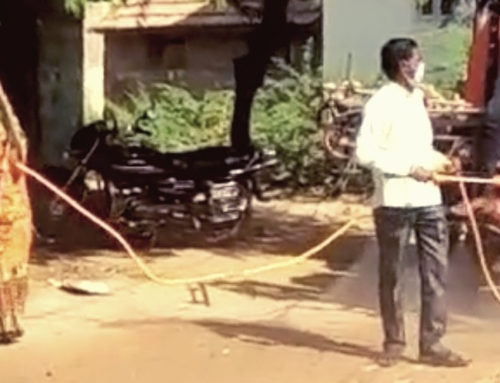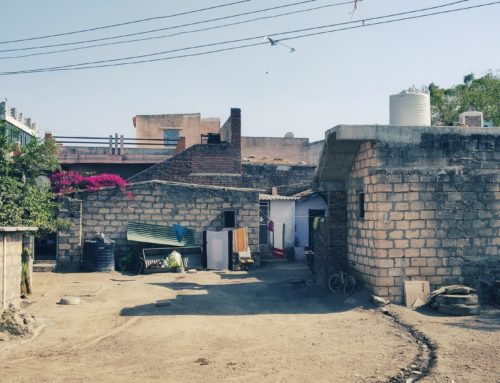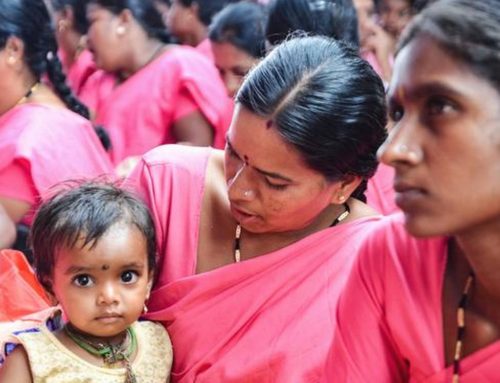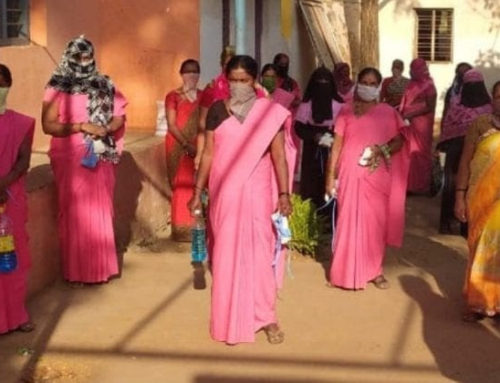A woman was referred to the Mahila Sahayata Kendra on 5th of March, 2020 for having attempted suicide. She drank poison and was brought to the counselors for assistance and remediation. Savitri is a 40 year old who lives in a village in Radhanpur, Gujarat with her husband and 3 kids. Savitri is a daily wage worker; she picks up odd jobs within the village – with no fixed income. Her husband, an abusive alcoholic, cannot hold a job because of his temperament and substance abuse.
The household expenses and his alcohol expenses are borne by Savitri’s income. It is hard for her to make ends meet. She has two daughters, 15 and 11 years old and a son who is now 13. Since her daughters are coming of age, Savitri does not want to separate from her husband even on facing constant abuse.
After much convincing she agreed to lodge a police complaint against him but nothing much came of it. He was called into the police station once and then sent back home.
|
|
Domestic violence is on the rise globally. India has seen a massive increase in reported cases and complaints of domestic violence too, as substantiated by the National Commission of Women, India. With limited connectivity, women’s accessibility to cell phones and structural inadequacies in villages, a lot of the cases from rural areas remain hidden from public knowledge. The lockdown multiplies the factors contributing to domestic violence while reducing the outlets from this abuse.


